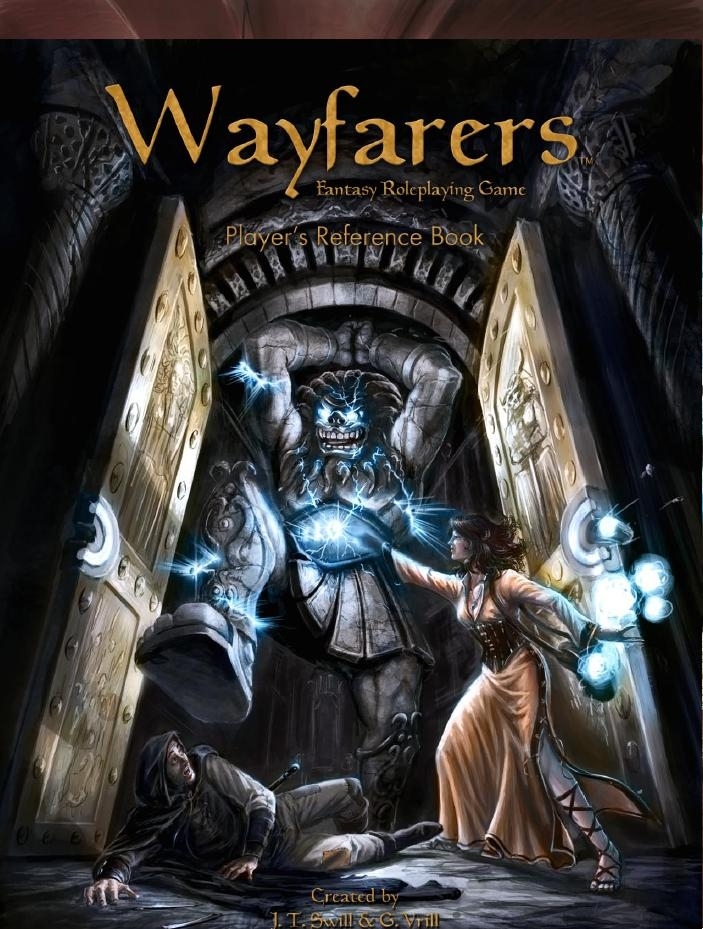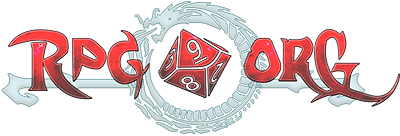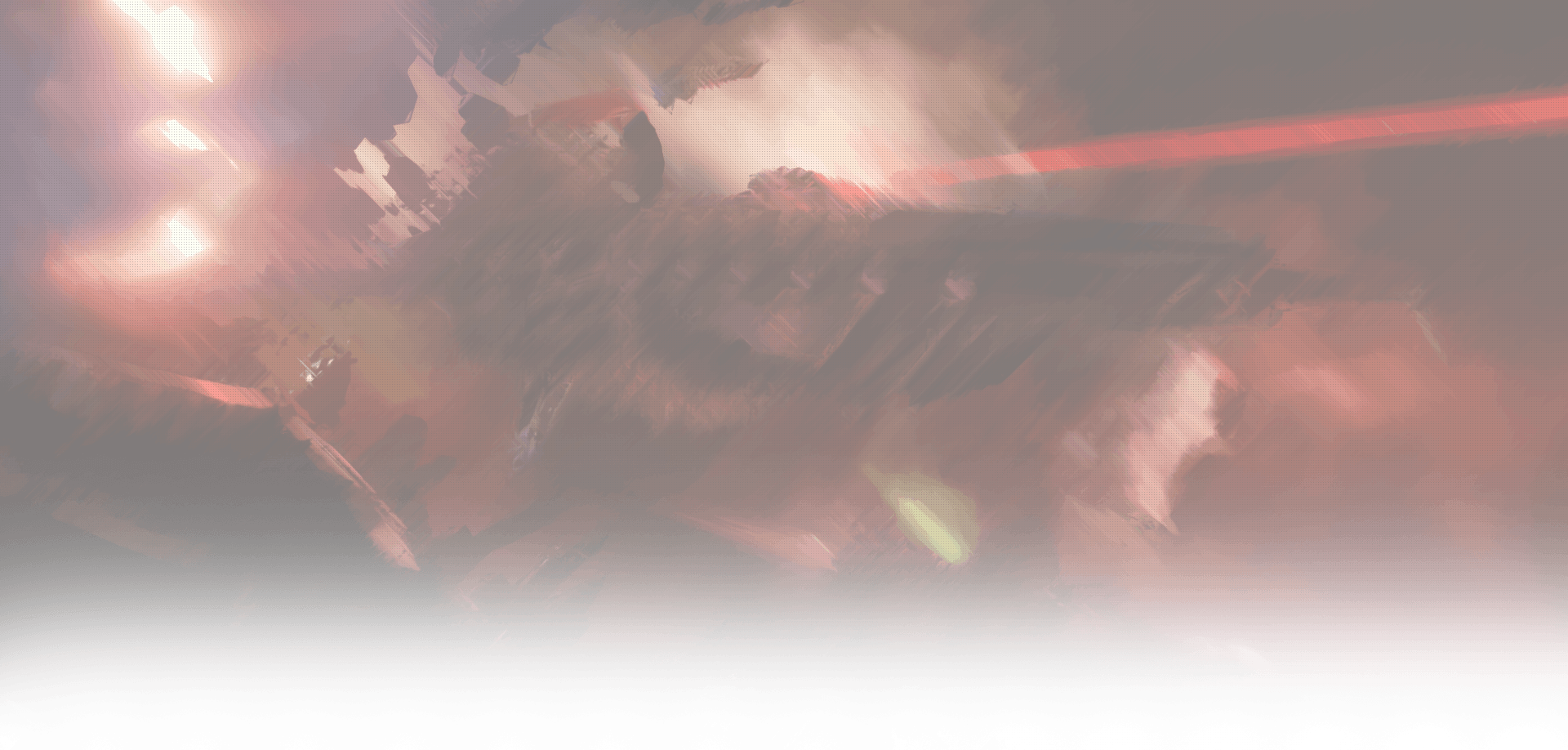
In advance I could say that Wayfarers is an interesting take on a class-less d20 based fantasy RPG, with some resemblances to Dungeons & Dragons, but with many unique aspects which sets it's apart from those other games.
Overview
As I mentioned, Wayfarers is a d20-based system without character classes, and with a more-or-less flexible point-distribution system for character generation and advancement. I have to note, that while there are no classes but there are levels, and you gain a fixed amount of Skill Points on every Skill Level.
From skill points we have two different kinds : Discipline Points (which could be both spent on Disciplines and Proficiencies), and Proficiency Points (which you can spend only on the latter).
Disciplines cover your characters unique abilities from spellcasting to combat training and improved and increased stats, and those skills (languages, literacy) which don't involve a roll for success. On the other hand Profeciences are those skills which needs a test to use from lexical knowledge (history, heraldry, arcane-knowledge) to those active skills with a risk of failure (jumping, lock-picking, tracking, perception, healing etc.)
Not surprisingly the character also have five basic Attributes (Agility, Endurance, Intellect, Presence and Strength), which gives a base to calculate basic stats (HP, Physical resistance), could provide certain bonuses, and also modify connected Profeciency checks.
Character generation
The character generation is relatively quick and simple if yo know what do you want with the character. You choose a race (anything except humans have a modifier to some stats), and the you spend points on your Attributes. Next you spend your Discipline and Proficiency points, which is maybe the most important decision. Ideally your attributes and skills help each other.
Then you calculate your character HP, Physical and Mental Resistances, and it's basic scores from initiative to movement rates and weapon to-hit modifiers. Then you purchase equipment, and you are ready to go.
So I really like how character generation is going, but it's easy to get lost between the various Disciplines and Proficiencies if you don't have a clear image in your mind about the character you want to create. Oh, and don't think about warrior-mages on low levels, as magic potency Disciplines will take the majority of your Discipline Points.The game system
Now I'm trying to speak about those parts of the game I haven't mentioned before, like how magic and skills work, and maybe a word and two about combat.
I think it's the Proficiencies in the Wayfarers system which is the closest what we call skills compared to D&D. They have four levels, and for a check you roll a number of dice and take the higher result and appropriate modifiers against a target number. For untrained checks (if possible at all) you roll two dice, and you take the lower result. All in all it's a simple and elegant solution.
For magic we have four different schools - Hermetic, Hedge, Faith and Ritual - which could be further divided into lesser and higher ways of magic. For Hermetic and Faith magic we have 8 circle (spell levels), while Hedge and Ritual has only 5. Hermetic and Hedge use the classic Vancian magic (memorizing spells), while Faith is using spontaneous casting. Ritual magic is using four different kind of spell points (Blood, Dream, Gaea, Stitch) to form their spells, and they must allocate their daily allotment of points between these four areas. All of their spells cost two or more spell points in various combinations, for example casting a Wind cost 2 Gaea, while casting Blindness is 1 Blood and 1 Stitch.
Casting spells take time, so if you cast a spell at Inititative 6 maybe you finish it at Initiative 3. During this period you could be disrupted by combat and spells. Speaking about combat, I also have to mention combat manoeuvres, where often you have to roll a higher initiative to effect your opponent with your trick. Normally everybody acts once during the round, so if he can make multiple attacks he makes them in the same time. Of course, counter-attacks are an exception.
The combat itself is clear, simple, and familiar : you roll d20, add your modifiers from Agility and Disciplines and compare it to your opponent's Dodge. If you hit you roll for damage (again adding modifiers) and the target is rolling for armor, and you decrease his HP with the difference. That's all.
Final wordsWayfarers is a nice take on fantasy roleplaying-games, and while it has some old-school feel it's also feels fresh and somewhat "light" - not overburdened with overcomplicated rules. Is it enough to make it successful ? I don't know, but I really hope. For those who are interested in the Wayfarers Players's Reference Book it's available on the Mongoose Publishing website as a physical copy here, or from DriveThruRPG as a pdf here. Next time I continue the review with the Wayfarers Game Master's Reference Book, so be ready for it! Zoltán "Cain" Mészáros


